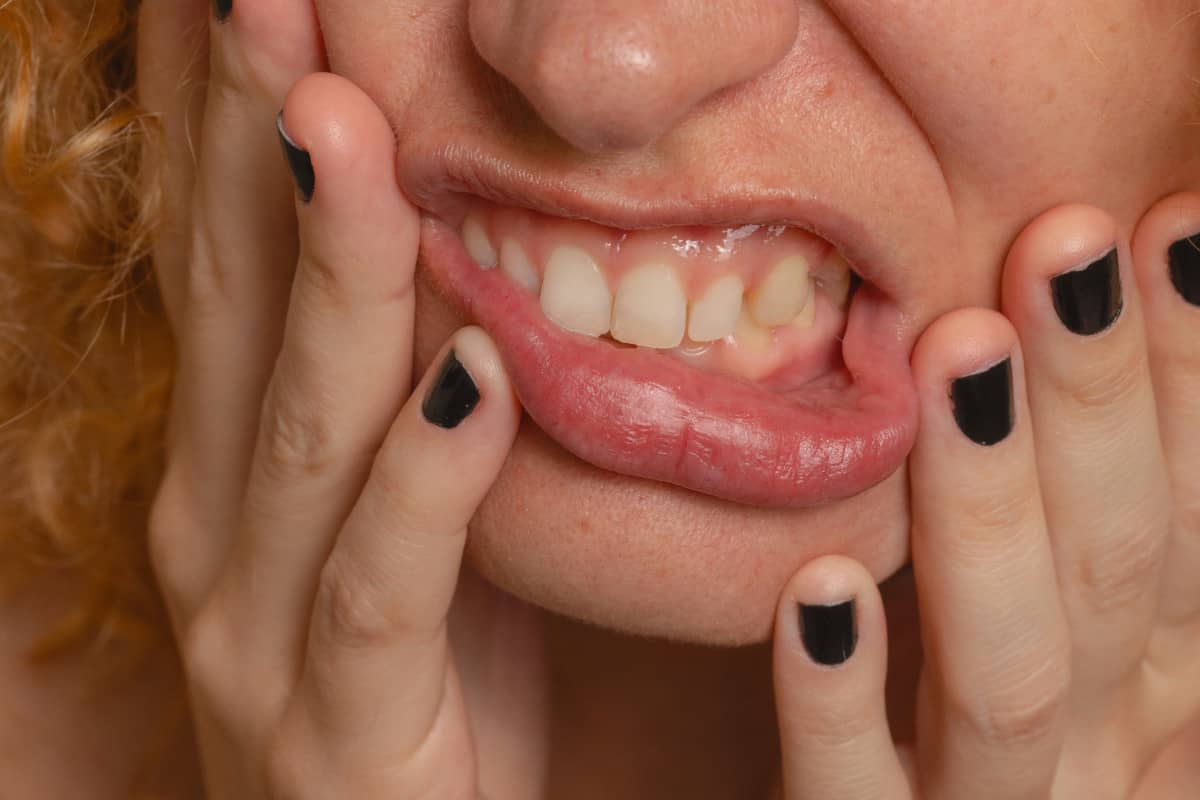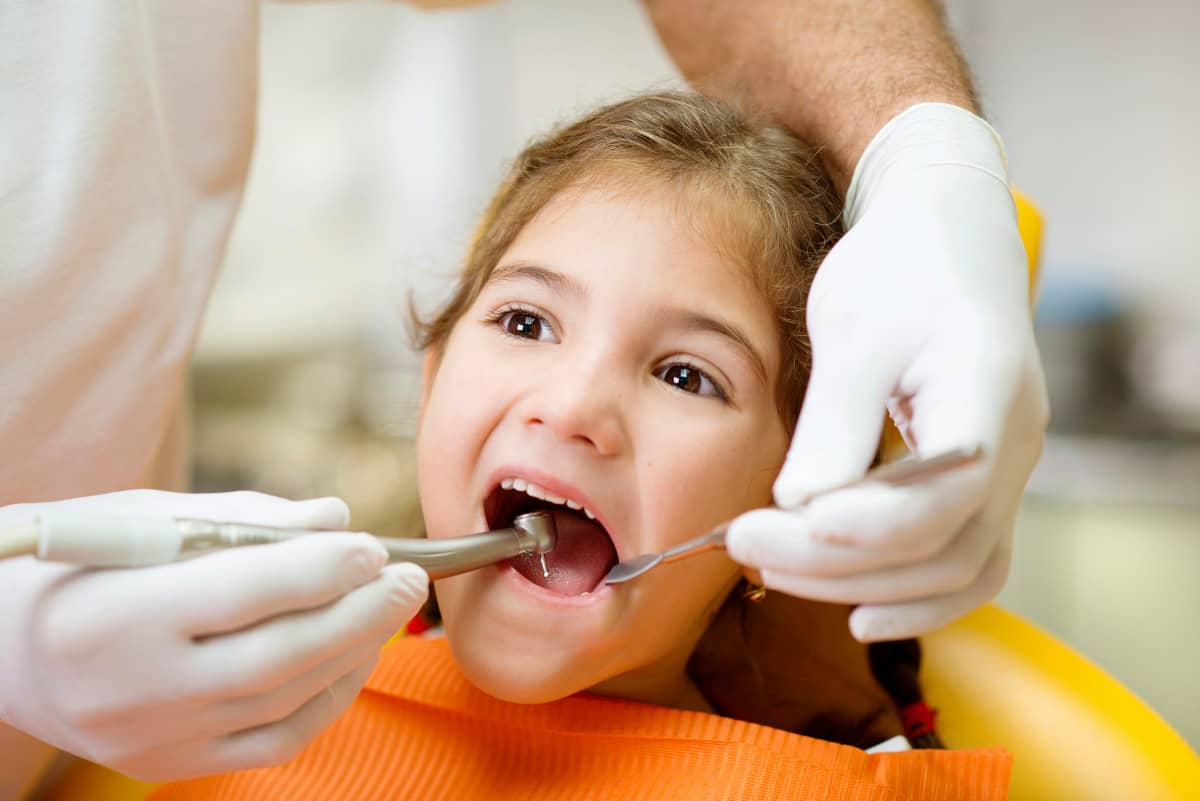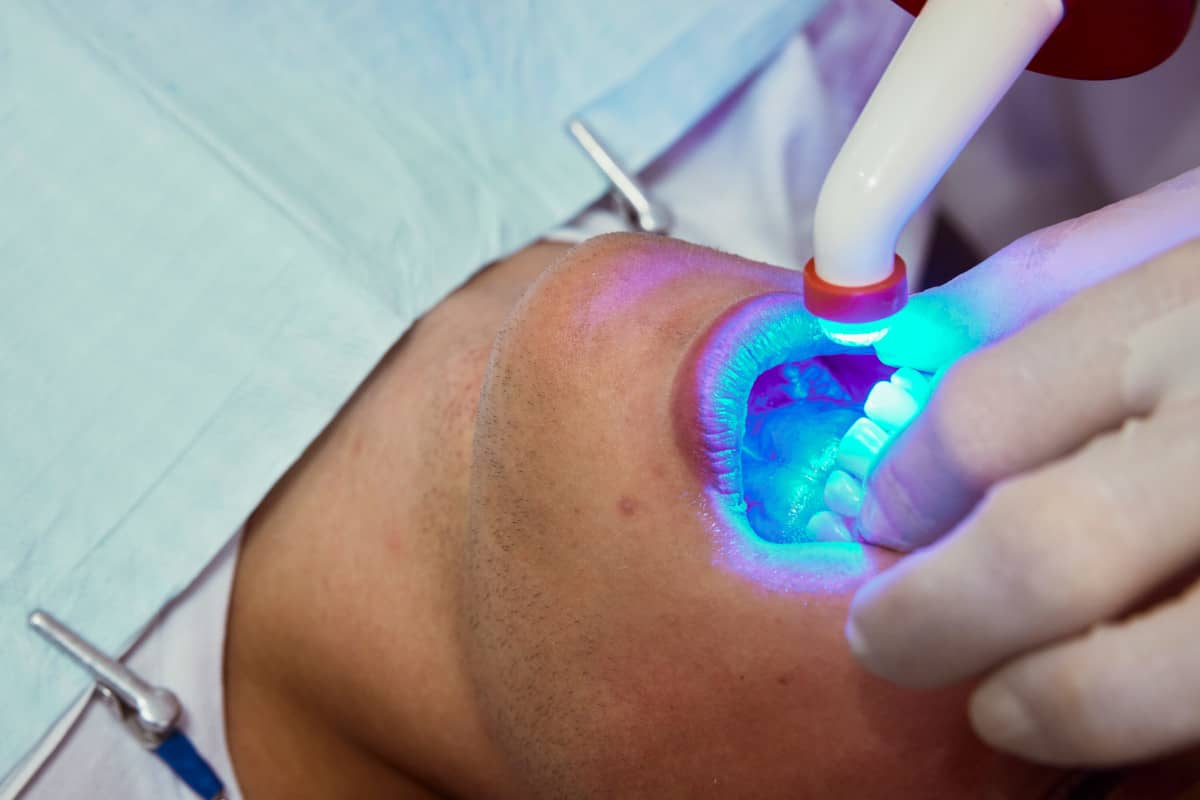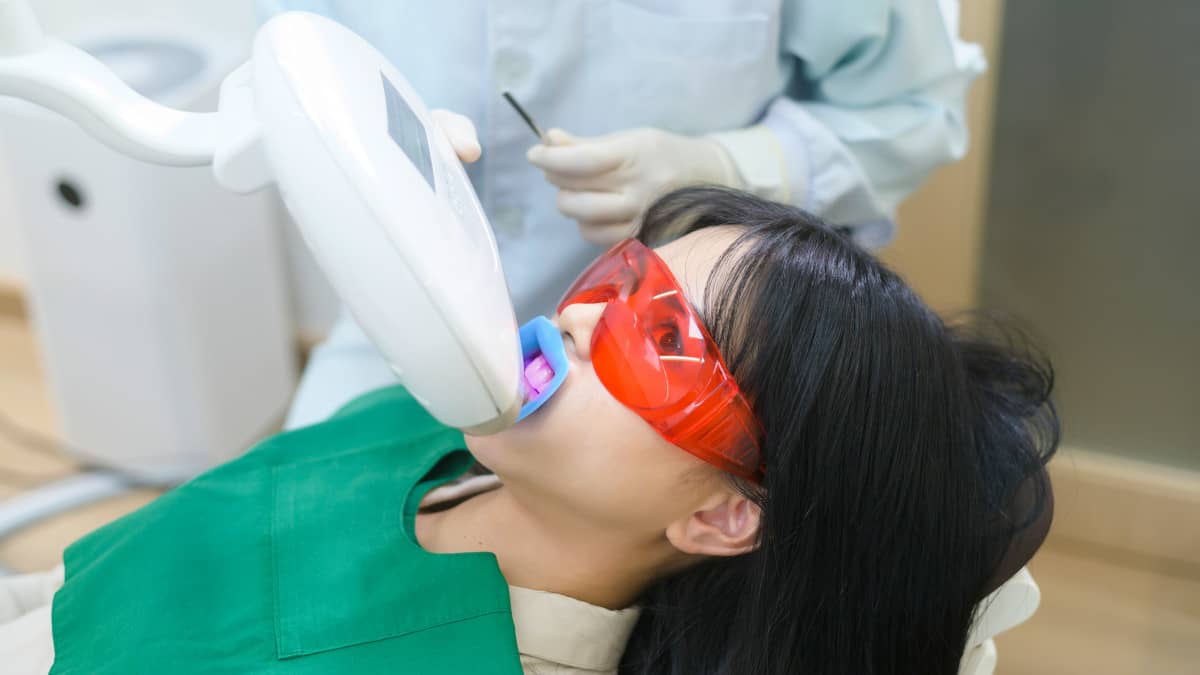
Consequences of thumb sucking
The consequences of thumb sucking can be corrected in the early stages of child development; later on they may become irreversible.
What are the consequences of thumb sucking?
The image of a baby peacefully asleep sucking his thumb conveys tranquillity and calmness. It is a familiar image, which is normal, because we assume that most babies suck their thumbs at 12 months of age.
But what are the consequences of thumb sucking?
Reasons and consequences of thumb sucking
- Why does my baby suck his thumb?
- Is it better to suck my baby’s thumb or use a dummy?
- How can I eliminate the habit?
- What are the consequences of thumb sucking beyond the normal phase?
- Interceptive orthodontic treatment at Udemax Clinics.
Why does my baby suck his thumb?
Thumb sucking is a reflex action that is related to the sucking and stimulation of the mother’s nipple for feeding.
Thumb sucking also has a second function. This, which many parents know from experience, is to calm the baby in certain circumstances that may cause stress: fear, sleep, hunger or insecurity. In these cases, thumb sucking brings the baby back to a controlled, safe situation.
This same function is fulfilled by the soother.
Is it better to suck my baby’s thumb or to use a soother?
Just as the act of thumb sucking or the use of a soother is a normal phase in a baby’s development, it should end between 18 and 24 months of age.
It is easier to give up the dummy habit as it ends with the disappearance of the device. However, if the baby has developed the habit of thumb sucking, it can be more complex to get him/her to give up the habit, as the thumb is always available, which can lengthen this phase.
How can I eliminate the habit?
In the first moments when we detect the habit, we will try to change it towards the use of the soother.
As mentioned above, the soother habit is easier to control than the thumb sucking habit. Paediatricians recommend switching as the soother is less exposed to germs than the thumb itself.
If we have not been able to introduce the soother.
In this case, and at this age, we must identify the times when the child resorts to the habit of thumb sucking. Usually to fall asleep, to overcome moments of stress or when they are bored.
Once identified, we will replace the habit with a new stimulus that is more stimulating or pleasurable than thumb sucking: a cuddly toy, reading bedtime stories, playing games when they are bored, etc. It is important for parents to provide this stimulation before the child resorts to the habit.
Some parents resort to homemade tricks that prevent the child from reproducing the pleasurable sensation, such as covering the finger with plasters, using mittens or gloves or spraying the finger with a product that is unpleasant to the taste, such as vinegar or lemon. Specific products can be found in pharmacies.
What are the consequences of thumb sucking beyond the normal phase?
If the child extends the phase beyond 24 months, some problems may start to occur and will increase as the child grows older without abandoning the habit.
The problems generated by thumb sucking will depend on how often it is done, the intensity, the time it is kept in the mouth and even the position.
Malocclusions
The first of the consequences of thumb sucking that appears is anterior open bite. In this type of alteration of dental occlusion, the upper and lower teeth do not come into contact.
The second alteration that occurs is the posterior crossbite. In this case, the teeth of the upper jaw occlude on the inside of the teeth of the mandible (lower jaw).
Further on, dental protrusion of the upper incisors can appear, which corresponds to a flaring of the upper incisors, whereby they fit very far forward in relation to the lower teeth.
All of these consequences are recoverable through orthodontic treatment.
However, if the habit were to continue after this point, irreversible consequences would occur.
Deformities of the palate
Thumb sucking causes excessive elevation of the roof of the mouth. This malformation is called ogival palate. The ogival palate is described as a very high and/or sunken palate with a very narrow arch that makes tongue position difficult.
Other consequences
Other consequences of thumb sucking will be the development of oropharyngeal infections (tonsillitis, stomatitis), gastrointestinal infections (gastritis and gastroenteritis), problems in phonetics and pronunciation, finger alterations and emotional disturbances if pointed out by peers.
Interceptive orthodontic treatments at Udemax Clinics
An early check-up with the orthodontist allows us to detect if the position and bite of the teeth, as well as the growth of the maxillary bones, is correct or if there is any problem in the child’s dental development. If there is, it would be recommended to start interceptive orthodontic treatment.
Find here orthodontists for children in Palma de Mallorca.
Make an appointment at Udemax Clinics, at Arcdental, your children’s clinic located in Zona Colegios, or at Emardental, your clinic in the centre of Palma. Or call us on .
ARC Dental
At Arcdental we offer the youngest patients in the family a personalised service provided by a team of specialists in children’s and teenagers’ oral health. Our aim is to offer the least invasive and most effective treatments at these ages to guarantee the development of a healthy mouth, establishing the foundations for proper oral health that will allow adults to maintain an aesthetic and functional smile for years to come.
It is important in our clinic to offer the greatest peace of mind and safety with our treatments. For this reason, we have a team specialised in paediatric dentistry techniques and corrective and preventive orthodontics that continues to be trained to apply the latest technology and guarantee excellent and long-lasting results.




